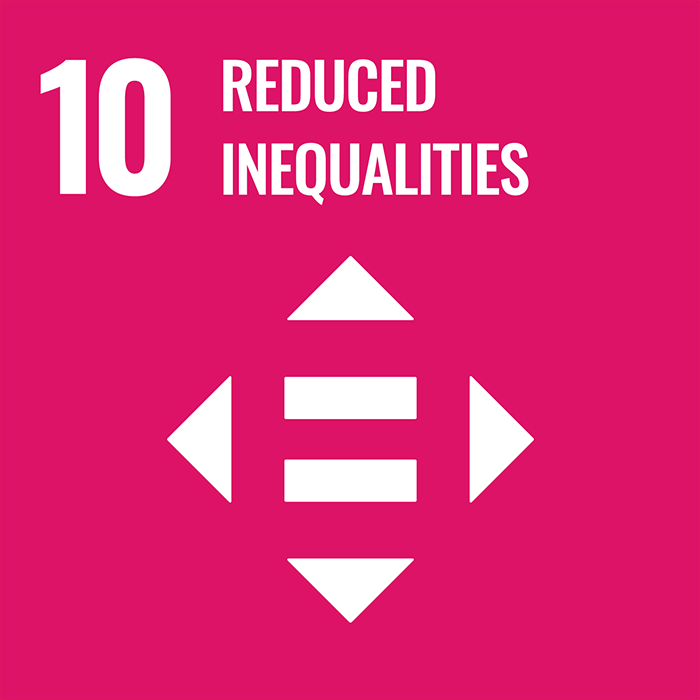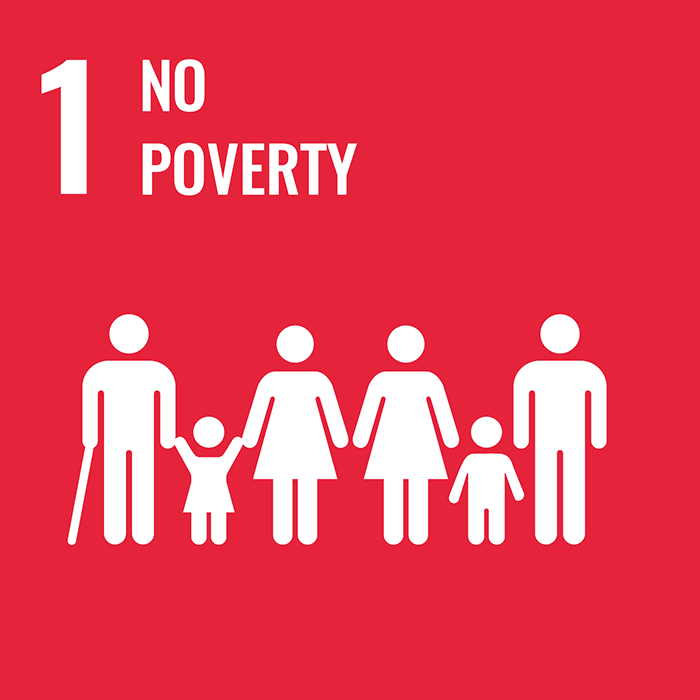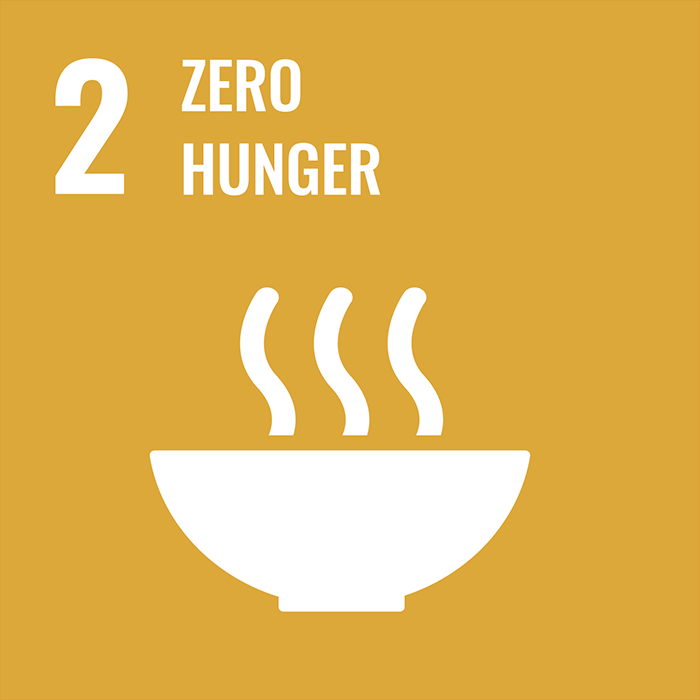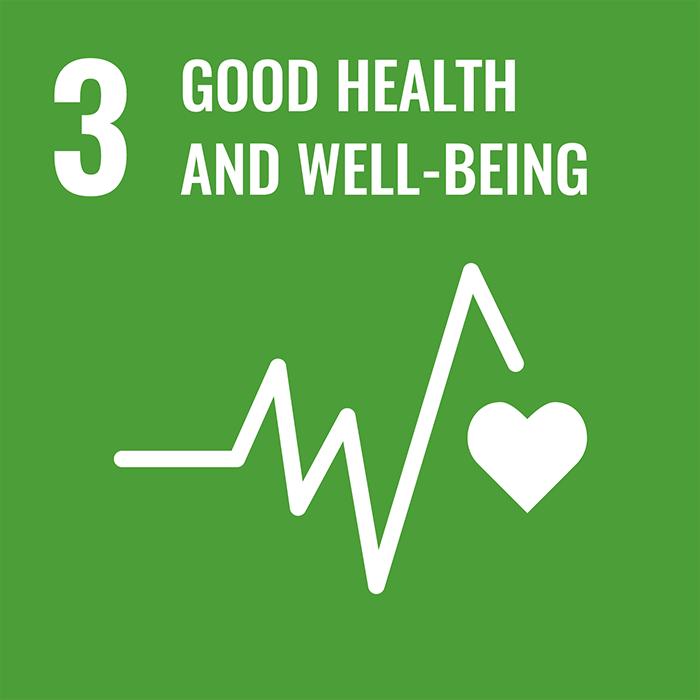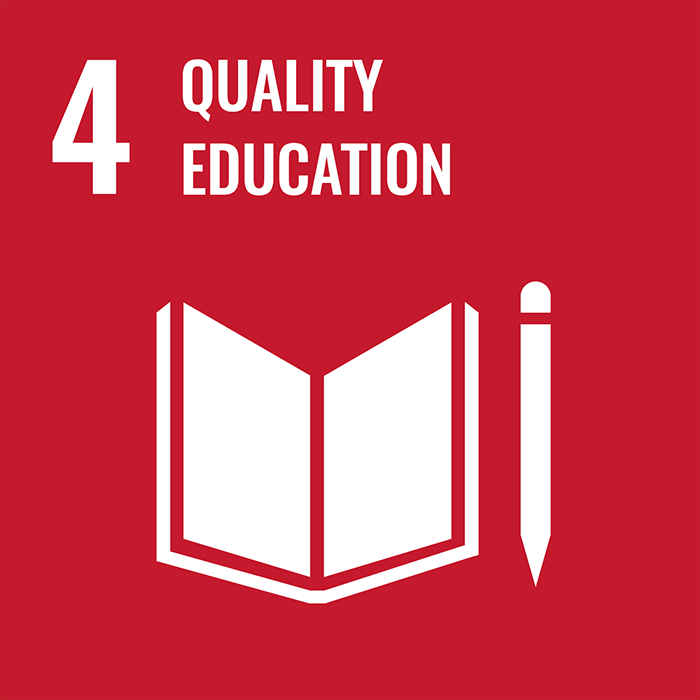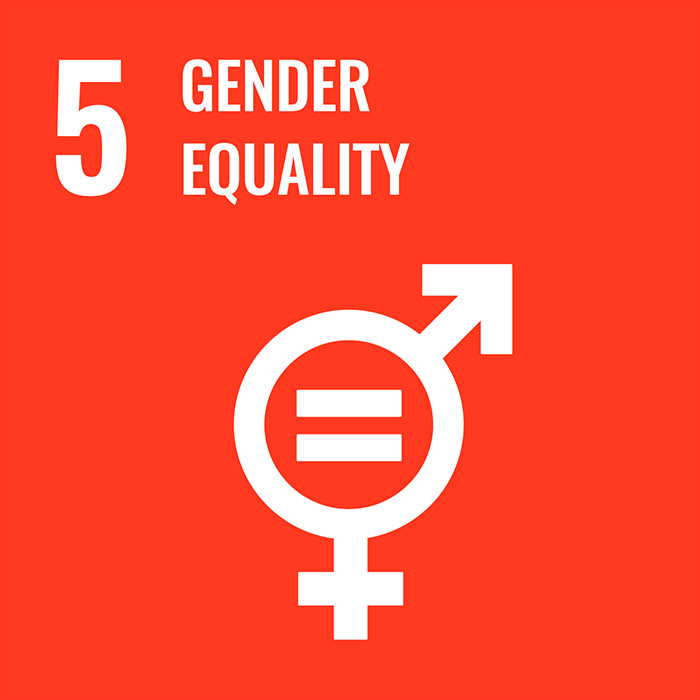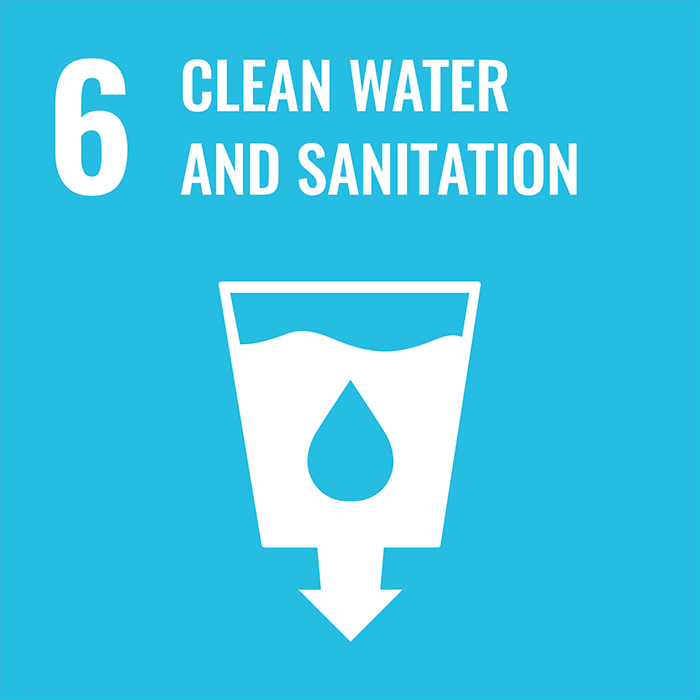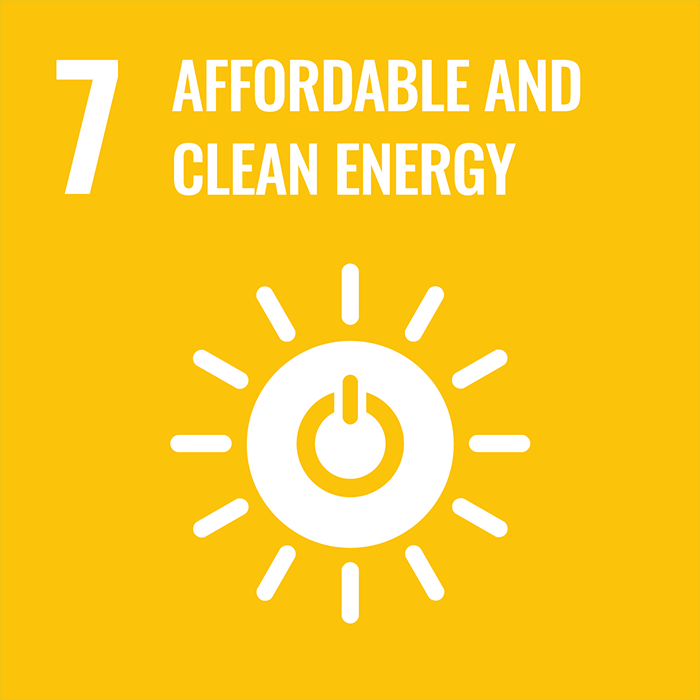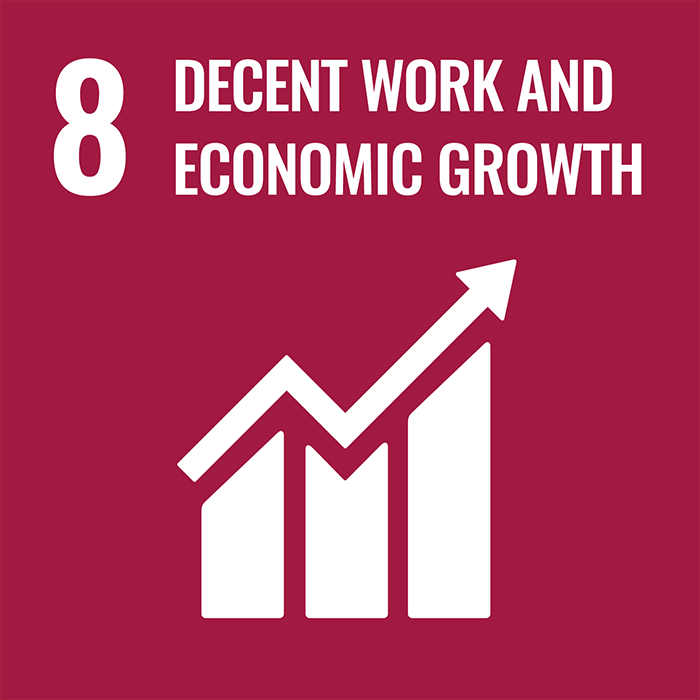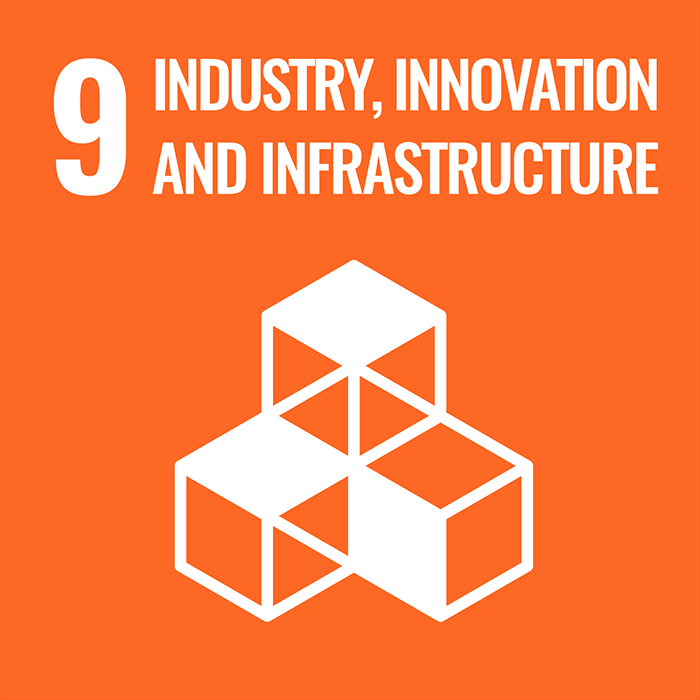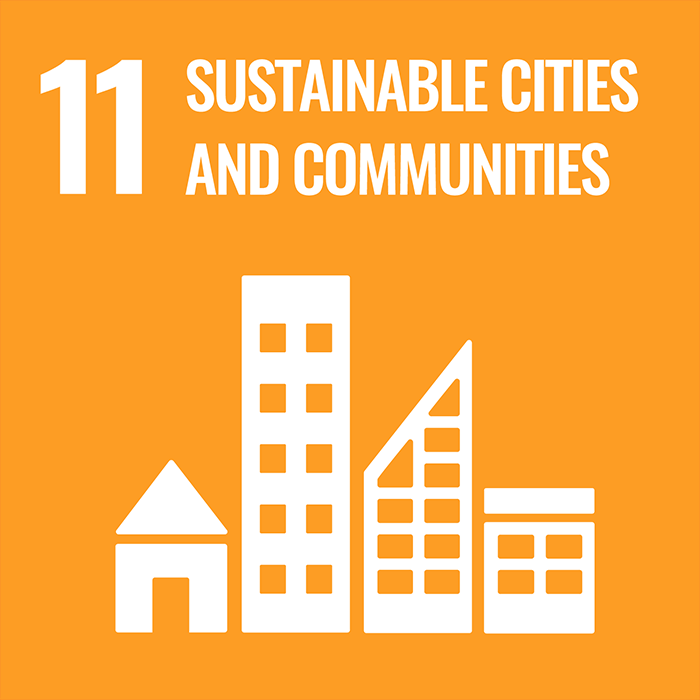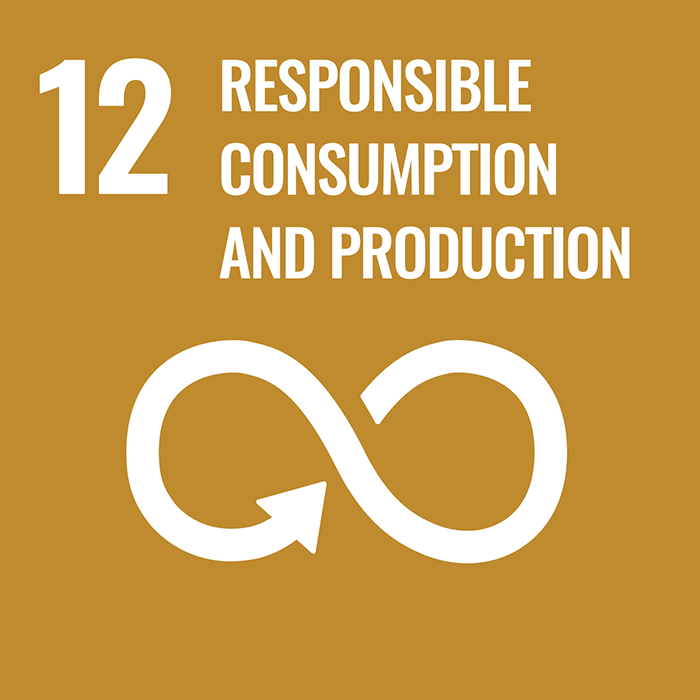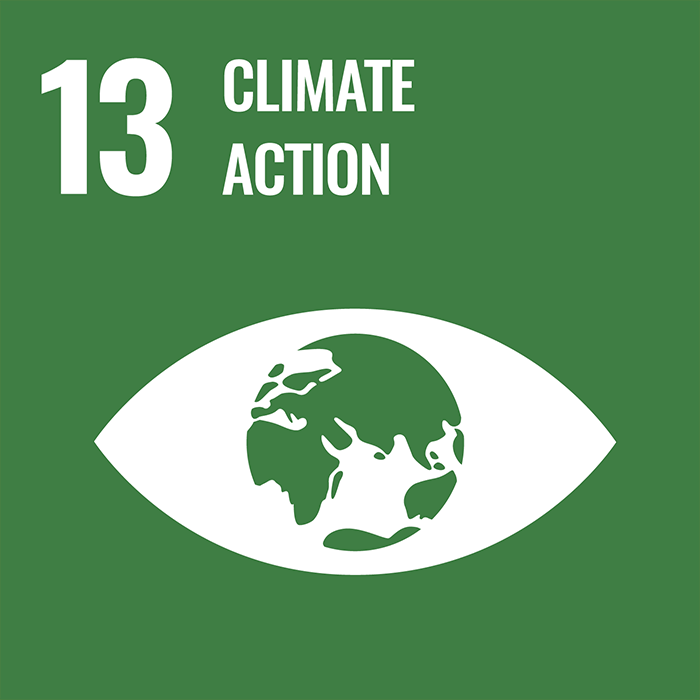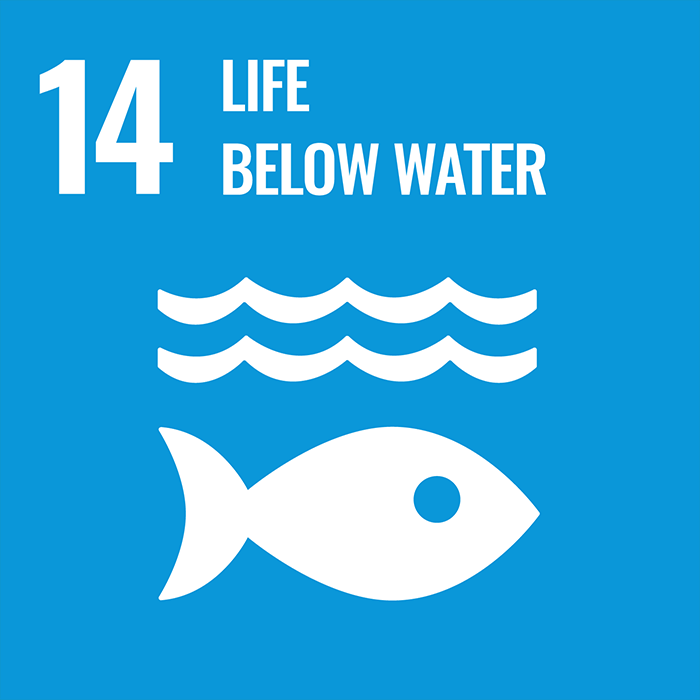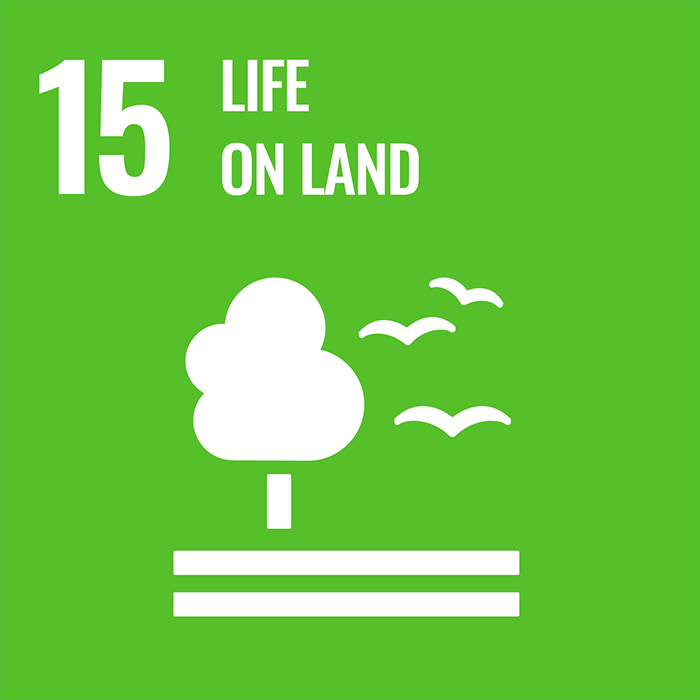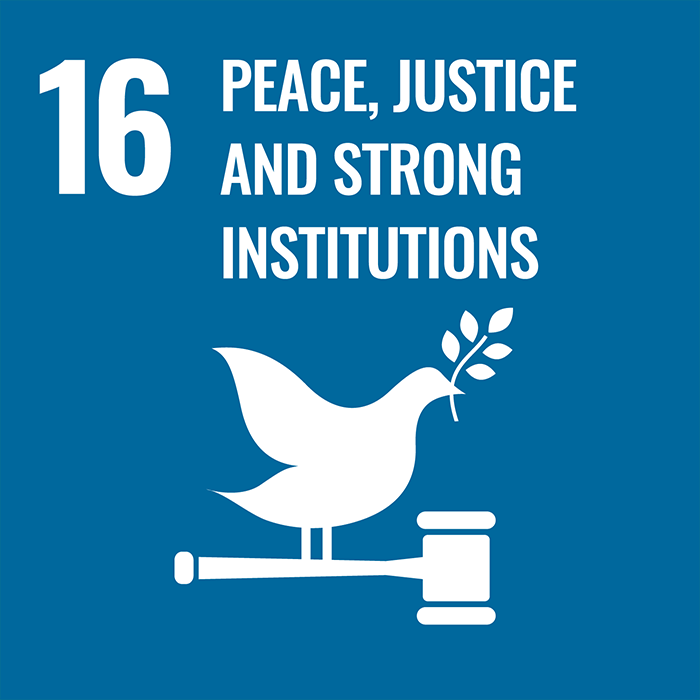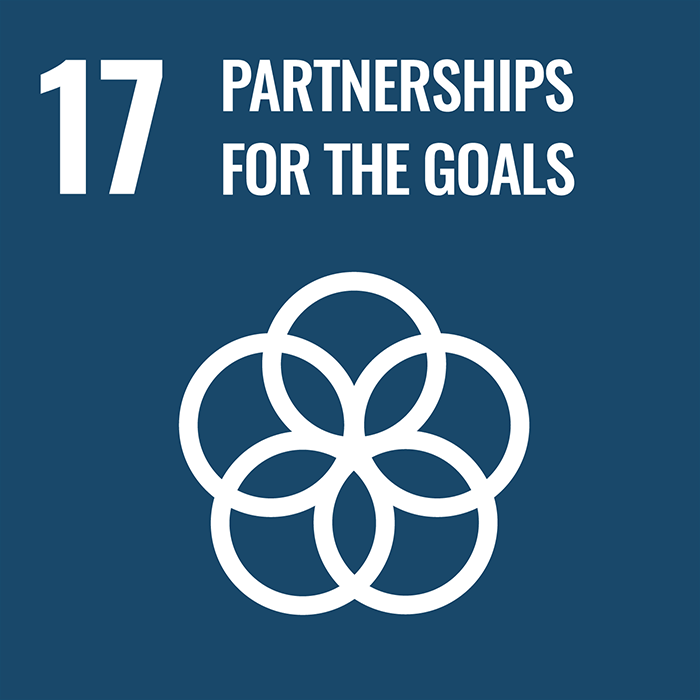UN SDG 10: Reduced inequalities
Reduce inequality within and among countries
Our research

A new pan-Scotland research project will shine a light on one of the most hidden roles in society, raising awareness of the real-life challenges and uncertainties faced by unpaid carers.
Scotland Cares, a collaborative project across research institutions and the third sector, aims to promote the visibility of the vital role unpaid carers play. Researchers hope the project will give unpaid carers a voice, with the potential that their experiences could shape government policy at a time where Scotland continues to develop and consult on the National Care Service.
In Scotland an estimated 800,000 unpaid carers – a diverse group who include family, friends and neighbours – are looking after an individual living with a mental or physical illness, disability or frailty. Those unpaid carers will themselves face a number of challenges because of their role, including stress, loneliness, declining personal health and uncertainty.
The Scotland Cares project is formed of two parts, the first involving a survey of unpaid carers around Scotland, asking them for their honest experiences, challenges and hopes for the future. The second part focuses on engaging with experts in storytelling to bring to life the achievements, hopes and challenges of carers in a relatable and dynamic way.
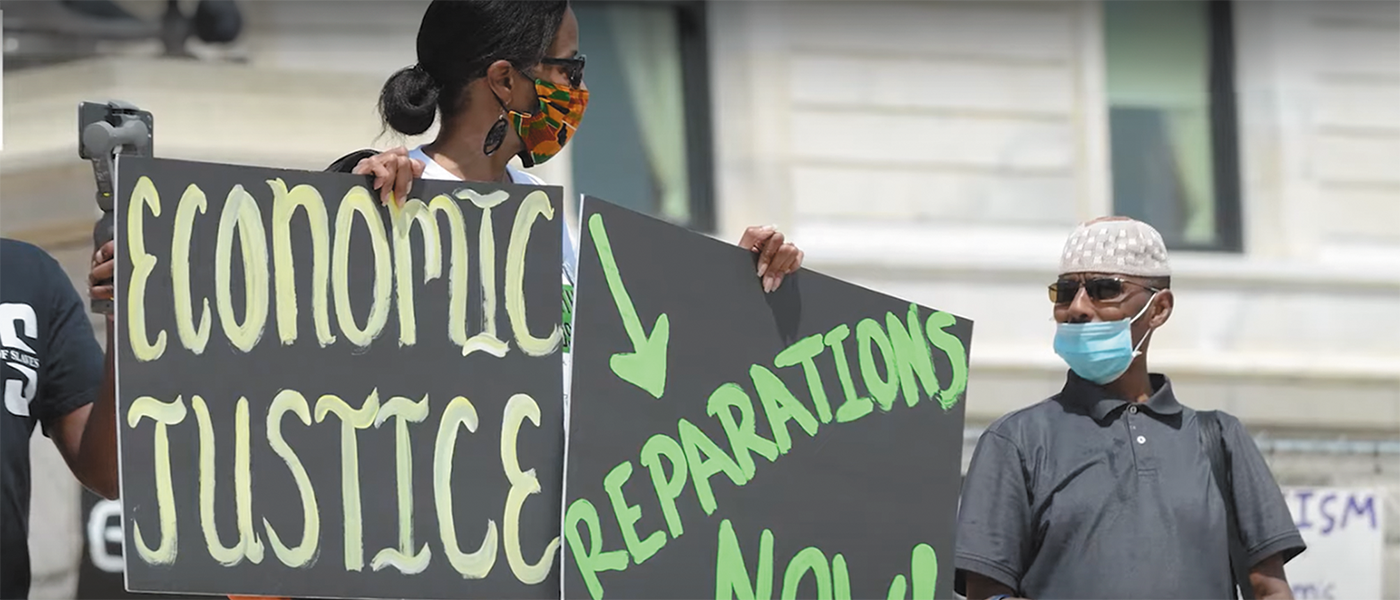
The world’s first Masters in Reparatory Justice is an emerging field of study and the Masters’ programme targets students with an interest in reparatory justice from a range of backgrounds, disciplines and interests.
Learning & teaching

Students on the world’s first Masters in Reparatory Justice are beginning their studies at the Universities of Glasgow and the West Indies (UWI), an initiative through the joint Glasgow-Caribbean Centre for Development Research.
The programme is an emerging field of study and the Masters’ programme targets students with an interest in reparatory justice from a range of backgrounds, disciplines and interests.
It offers students an unparalleled opportunity to work with scholars in reparatory justice at Glasgow’s Beniba Centre for Slavery Studies and UWI.
Students on the programme can pursue their studies at Glasgow or the Mona or Cave Hill campuses of UWI.
UWI continues to be at the forefront of the global movement, leading activism and academic research underpinning claims for reparations for slavery. Glasgow offers access to primary source materials and material culture holdings. It draws on expertise across the study of slavery, genocide and human rights violations.
The degree continues Glasgow’s work in its ongoing reparative justice programme which is part of the nine recommendations found within its ‘Slavery, Abolition and the University of Glasgow’ report, published in September 2018.
University operations

The University of Glasgow’s Top-Up Programme is a pre-entry initiative designed to support students from under-represented backgrounds in their transition to higher education. It helps students develop critical academic skills and introduces them to university life. The programme is aimed at students from approximately 100 secondary schools in the West of Scotland, particularly those from disadvantaged backgrounds, such as those living in low-income areas (SIMD deciles 1-4), care-experienced individuals, refugees, asylum seekers, estranged students and young carers.
Over several weeks, students engage in sessions facilitated by postgraduate tutors, either in-person at their schools or online. They also participate in campus sessions, including a lecture and seminar experience, and must complete a written assignment assessed to university-level standards. Completion of the programme with strong performance (a profile of BBB or above) may result in an adjusted offer of entry to the University of Glasgow or other institutions.
Find out more
Civic engagement

The James McCune Smith (JMS) second annual conference took place on 24-25 June 2024. This year’s conference theme was ‘Creating Circles: Finding Yourself and Others’ and the aim was to showcase the realities of being a Black scholar in academia and the importance of developing various community networks.
The conference was chaired by the JMS scholars and featured inspiring speakers from the Black community, and provided an important opportunity for the JMS scholars to share their work.
This is the third wave of the JMS scholarship programme that has supported over 50 scholars. The conference seeks to provide a much-needed platform for Black academics in the UK to address and highlight their distinct experiences in navigating higher education in the UK, considering their particular positionalities, and research backgrounds. While there has been a great deal of progress in academia, Black scholars remain overwhelmingly under-represented across the board in higher education in the UK. For early career Black scholars, the aim of this conference is to have conversations with already established speakers through their presentations, to have a better idea on how to navigate these spaces, and how to implement lasting changes.


